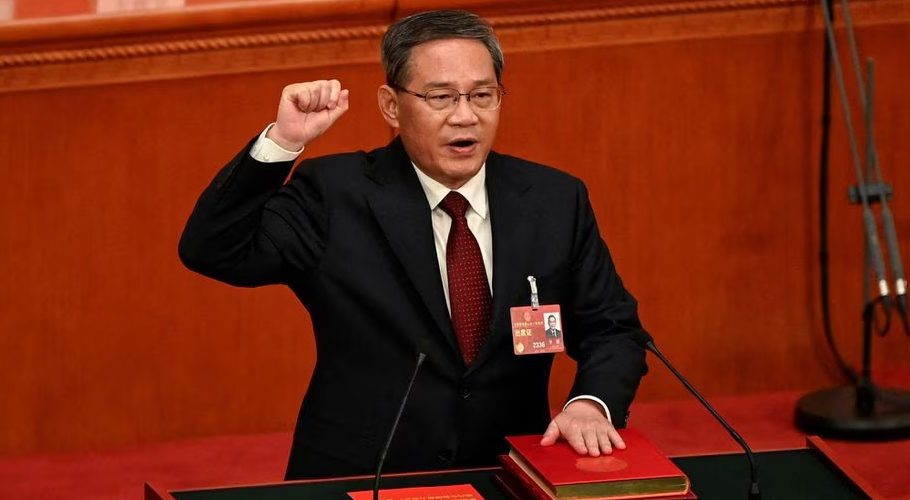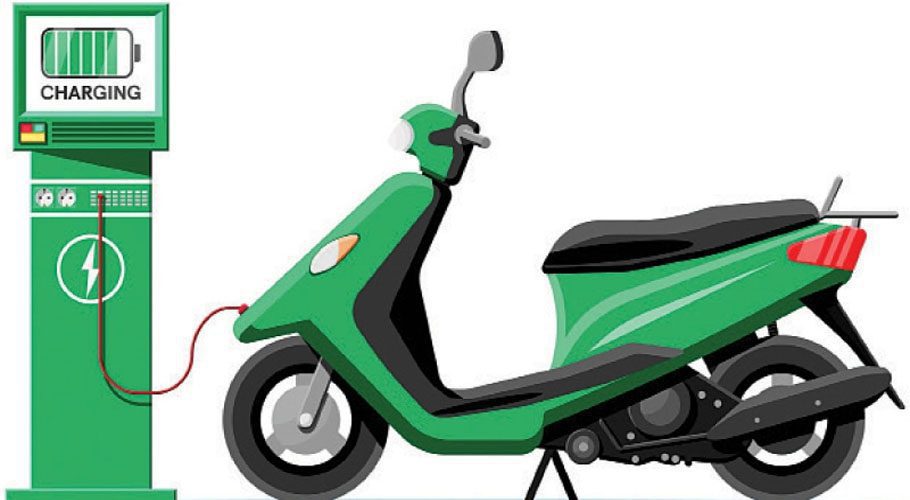![]() Follow Us on Google News
Follow Us on Google News
BEIJING: Li Qiang, the former Communist Party chief of Shanghai, took office on Saturday as China’s premier, the country’s No.2 post, putting the close ally of President Xi Jinping in charge of reviving an economy battered by three years of COVID-19 curbs.
Widely perceived to be pragmatic and business-friendly, the 63-year-old Li faces the daunting task of shoring up China’s uneven recovery in the faces of global headwinds and weak confidence among consumers and the private sector.
Li takes office as tensions rise with the West over a host of issues including U.S. moves to block China’s access to key technologies and as many global companies diversify supply chains to hedge their China exposure due to political risks and the disruptions of the COVID era.
The career bureaucrat replaces Li Keqiang, who is retiring after two five-year terms during which his role was seen to be steadily diminished as Xi tightened his grip on power and steered the world’s second-largest economy in a more statist direction.
Li Qiang is the first premier since the founding of the People’s Republic never to have served previously in the central government, meaning he may face a steep learning curve in the initial months on the job, analysts said.
Still, Li’s close ties with Xi – Li was Xi’s chief of staff between 2004 and 2007, when the latter was provincial party secretary of Zhejiang province – will empower him to get things done, leadership-watchers said.
“My reading of the situation is that Li Qiang will have a lot more leeway and authority within the system,” said Trey McArver, co-founder of consultancy Trivium China.
Practical pragmatist
A career bureaucrat, Li was revealed as the pick for China’s number two role in October when Xi unveiled a leadership line-up stacked with loyalists.
At that time, Li had been known for overseeing the harrowing COVID lockdown earlier last year of Shanghai’s 25 million people, which shut the city’s economy and left psychological scars among its residents. That made him a target of anger but did nothing to derail his promotion.
Li was also instrumental in pushing for China’s unexpectedly sudden end to its zero-COVID policy late last year, Reuters reported this month.
People who have interacted with Li say they found him practical-minded, an effective bureaucratic operator and supportive of the private sector – a stance that would be expected in someone whose career put him in charge of some of China’s most economically dynamic regions.
As Communist Party chief between 2002 to 2004 in his home city of Wenzhou, a hotbed of entrepreneurialism, Li came across as open-minded and willing to listen, said Zhou Dewen, who represented small and midsize enterprises in the city.


























